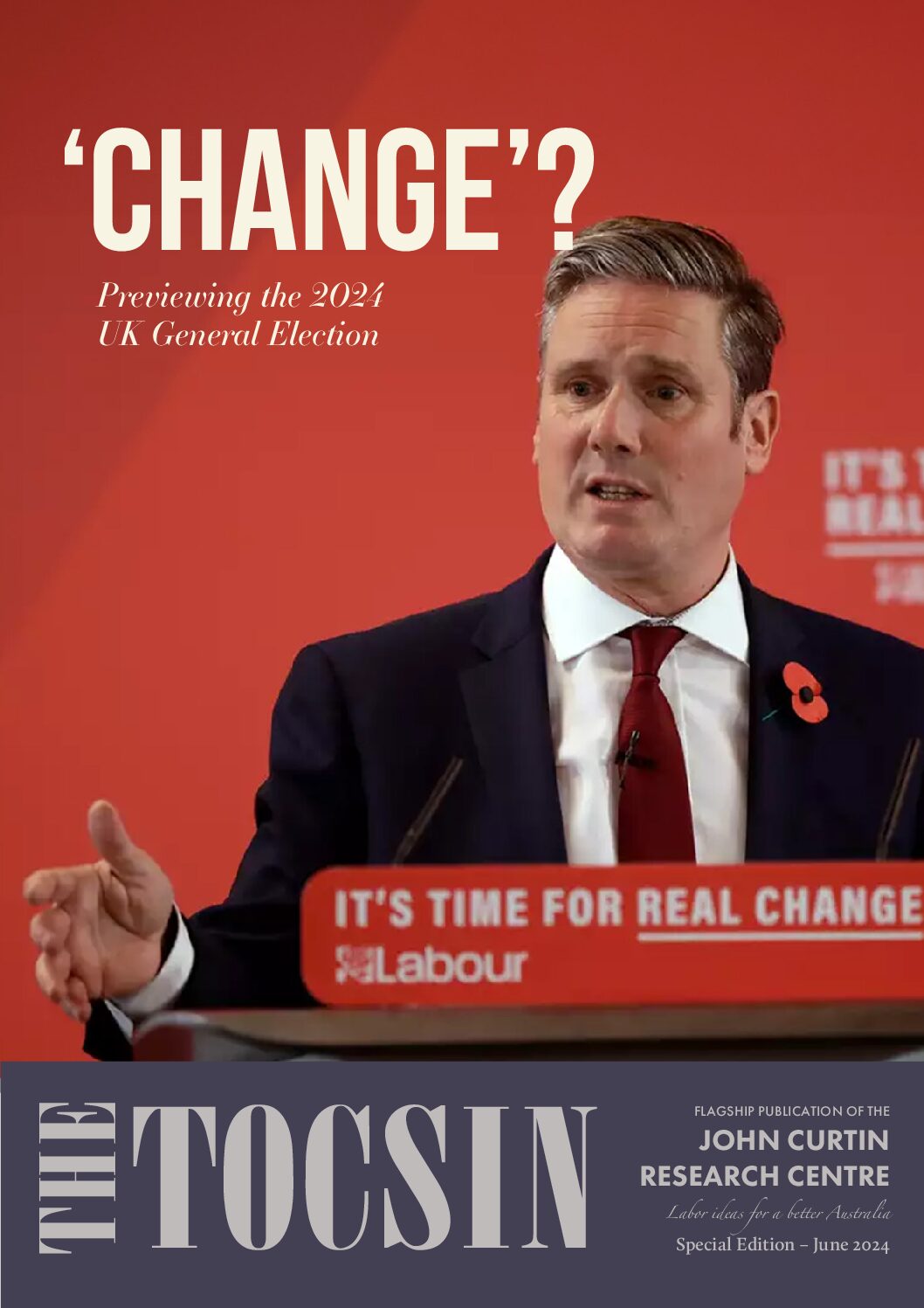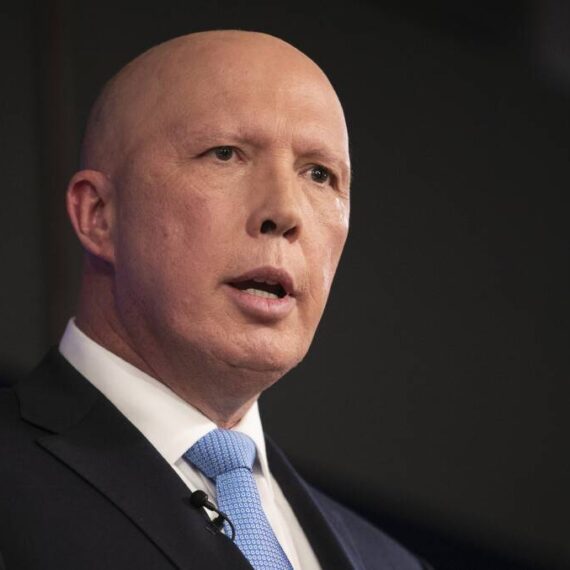In the theatre of Australian politics, the Liberal Party’s lack of introspection is a drama in dire need of a script rewrite. Unlike their Labor counterparts, who’ve waltzed through endless bouts of existential angst, Liberals stubbornly refuse to engage in self-reflection. Given that the various incarnations of non-Labor have largely governed our nation at a federal level since federation – 70 per cent of the time – its supporters would argue this is a good character trait. Yet, as the party grapples with defeats, from the shellacking it received at the 2022 federal election to the recent Dunkley by-election, and decades-long struggles in Victoria, once the Liberal’s ‘jewel in the crown’, today’s lack of soul-searching is striking.
While this isn’t a call for perpetual navel-gazing, there is a stark contrast with Labor’s history of critical self-assessment and healthy revisionism. From Whitlam to Hawke and Keating, Labor underwent introspective reckonings that shaped policies and governments. Whitlam tore up the entire script to move the party away from pure redistribution to equality of opportunity. Bob Hawke and Paul Keating in turn argued that Whitlam’s indecent haste and fiscal flaws, and not a Malcolm Fraser-John Kerr conspiracy led to his downfall.
When the duo won the 1983 election and early years of their government, their predecessor was held up as its antithesis as much as the policy indolence of the Fraser government years, notably John Howard’s spell as Treasurer. It made for a better, reformist government.
The Hawke-Keating years, following Howard’s 1996 triumph, produced an orgy of Laborite existential angst. At first, the Kim Beazley-led party distanced itself from the market reforms of those governments before seeking to reclaim their legacy as evidence of Labor’s reformist credentials under Mark Latham and then, more successfully, Kevin Rudd. In the years after the downfall of Rudd and Gillard Labor, the party found an equilibrium between an uncritical celebration of Hawke-Keating Labor – what, in 2013, I termed the ‘1983 and all that school’ – and ideological coyness. Significant Labor thinkers and leaders from Jim Chalmers, Bill Shorten and even eventually Keating himself argued that whilst the 1980s and early 90s were governing lodestars, a policy manifesto rooted in the context of 1983 was ill-suited to a globalised, digital world where classical liberal economics had run its course.
Meanwhile, the Liberals seem to have skipped the Abbott-Turnbull-Morrison era – bitching and moaning on the ABC’s fine Nemesis docuseries doesn’t count – and completely ignore or mythologise John Howard, their very own ‘1996 and all that’ history lesson. There exists not one critical insider analyses of those years and not one admittance of the failings or policy silences. These omissions are akin to a theatre performance with no critics allowed.
The Victorian chapter of the Liberal saga, marked by the free market zealotry of the Kennett years, echoes a recurring theme of defeat. With just one election victory in twenty-five years, the Victorian branch’s failures parallel those of Dunkley. As historian Frank Bongiorno notes, it’s a familiar tale of humiliating defeats trumpeted as “moral victories”, staying “true to our principles”, promises to “turn a corner”, and “We’ll win next time if only people see their own interests”, reminiscent of the hard-left dominated Victorian Labor of the 1960s who revelled in the glories of defeat after defeat. Who is the Whitlamite transformational leader prepared to say “enough” and stare down the impotent Victorian purists and ratbags.
However, the true phantom haunting the Liberals is Howard. Commentators often point fingers at Morrison or Dutton. Yes, the former was a problem, especially among women, younger Australians and professional middle class progressives who voted for the Teals. Yet these diabolical demographic difficulties and Dutton’s leadership modus operandi – huffing and puffing about national security, culture wars and nuclear power – structural and cultural issues plaguing the current federal team and its membership, lie in Howardism.
Australia’s housing affordability and supply crisis which began in the early 2000s because of Howard government’s policy clangers such as bubble-inducing first homeowners’ grants and negative gearing rorts, the related distortions in the tax system, and resistance to climate action —each and every one legacies of Howard and his Treasurer Peter Costello – are the ghosts haunting the party. In facing the future, housing emerges as the critical challenge.
The ‘Red Tory’, Gray Connolly, a thoughtful conservative, is almost alone in raising his head above the parapet to critique the Liberal’s housing shambles. In 2022 he forcefully argued: “It is beyond strange that this state of affairs has arisen under the Coalition, whose legacy conservatism – now sadly sapped by the dripping-wet spivocracy that cloaks itself in “modern liberal” guise – was popularised by Sir Robert Menzies … When I raise these obvious problems with self-interested defenders of the current regime, the response is one of denial, whether based in the “zombie Thatcherism” belief that a rigged market will fix itself, or lamentations that the federal government is powerless … this is pure nonsense. There is no future for conservative politics if … younger people, have nothing of their own to conserve.”
Until the Liberals change their tune on housing and confront Howard’s broader policy legacy, Dutton’s “working-class suburbia” empathy may be more pitiable than effective, potentially leading to further defeats. In the echo of John Howard’s infamous 1996 anti-elite advertisement, an uncompetitive and out-of-touch Liberal Party, especially in Victoria—a virtual one-party state nowadays is bad “for all of us”. The stage is set for the Liberals to either rewrite their script or continue dancing with the ghosts of Howardism.
Nick Dyrenfurth is Executive Director of the John Curtin Research Centre.





